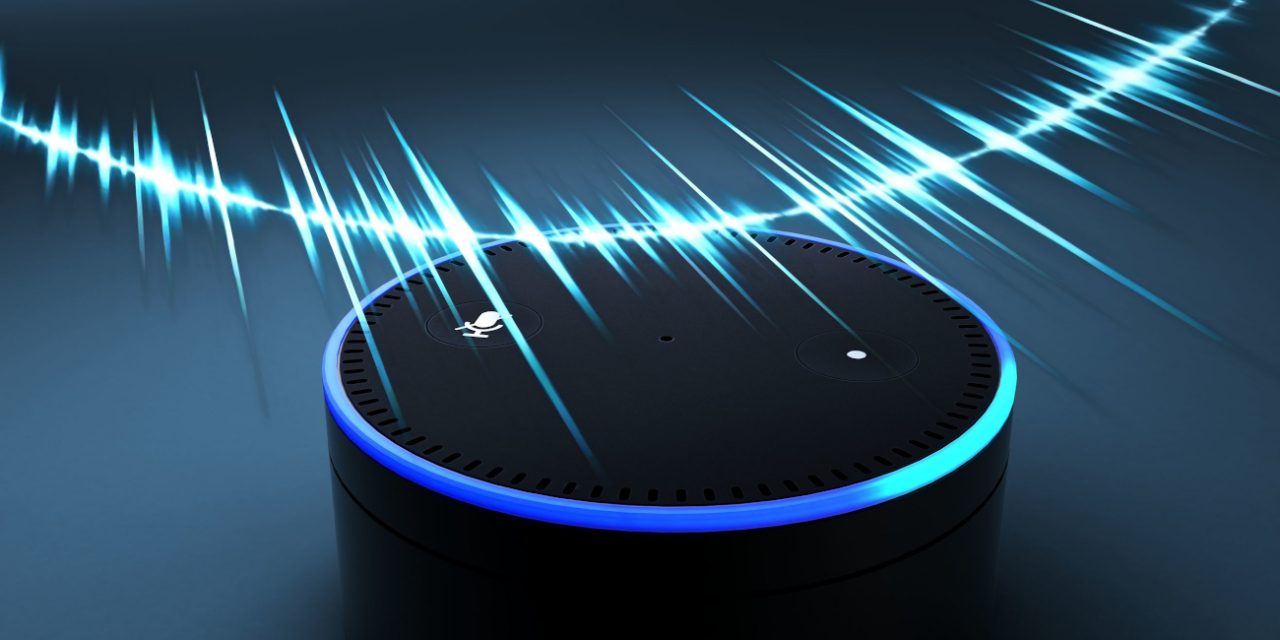By Susan Saldibar
There’s a great commercial that shows a grandfather asking Alexa to play a song he knows his twenty-something grandson loves. Within seconds, voila! The song comes on just as the grandson steps through the door. The closing shot is of the grandfather with a playful grin on his face. Heartwarming. Think about it though. How would that 5-second command have played out 10 years ago? The short answer is that it wouldn’t. Amazon Echo smart speakers with Alexa have revolutionized our access to information. And while many people think Alexa’s just a tool for younger generations, for older adults, especially those with mobility or vision issues, Alexa brings a meaningful improvement in quality of life.
I spoke recently with Melissa Signorelli, Product Manager, and Callie Wright, Director of Communications for LifeShare Technologies (a Senior Living Foresight partner). LifeShare has recently added a LifeShare “skill” for Amazon Alexa, scheduled for rollout at the end of the month, that integrates with their LifeShare platform (digital signage and resident/family engagement tools).
For those who may not be familiar with Alexa vernacular, skills are like apps that help you do more with Alexa. Just like with a personal Echo device, Alexa starts with all the basic functionality like the ability to check the weather, play music, play games, get the news, and listen to podcasts. Skills bring added functions to that capability.
The Lifeshare Skill for Alexa Is Smart
No wading through long lists of activities. You can cut to the chase.
What’s cool about this integration, however, is that senior living residents can access their community’s information that has been entered in LifeShare. That opens up a whole new world of connectivity to things like community activities and menus as well as the ability to send messages to staff. LifeShare’s skill has also gone through name-free certification that allows you to access the skill without mentioning LifeShare. This means one less thing to remember when interacting with Alexa.
To give you a more practical example, a resident can ask, “Alexa, what’s for breakfast?” to which they’ll get a response, “LifeShare can help with that. Today we have eggs, bacon, toast, and juice.” Or “What activities are on the schedule today?” Alexa will respond by listing out the activities. But Alexa goes further by explaining, “By the way you can ask about a specific activity as well”. So, in effect, Alexa is gently training the user to more effectively communicate with the device. That means that if a resident has yoga on their mind, they can ask, “Alexa, when is Yoga?” and Alexa will tell them, “Yoga begins at 2:00 p.m. today.”
The LifeShare skill for Amazon Alexa is all about optimizing its use as well. For example, Alexa will list out 3 activities and then ask if you want to hear more. So, if a resident already has the information they need, they can simply say “No”. They don’t have to wait for Alexa to go through the whole list.
No Set-Up. Who Doesn’t Love That?
The November Alexa skill pilot program has already generated a lot of positive buzz. “Residents and staff are very excited about it,” Callie says, “especially those with visual impairments. And, the staff likes the entertainment value that Alexa provides. They can play games on the fly with residents or get the latest news,” she adds.
Callie also talked about the strategic placement of Amazon Echo Dots throughout the community in activity rooms, dining rooms, and even the lobby. “It takes on-demand access to a whole new level,” she says. “If you have an Echo Dot on a table and there are no staff nearby, Alexa is there to respond to questions. No need for a resident or family member to hunt down a staff member or walk all the way to the concierge desk.”
But possibly the best thing about the Alexa skill is that it’s so easy to get up and running. “We order the devices, assign them to the proper community network, ship them, and they are ready to go,” Melissa explains. “Alexa pulls in whatever information is already entered into the LifeShare platform by the community staff. Totally plug and play. Absolutely no work on the community end at all,” she adds.
Callie agrees. “There are other Alexa-style offerings in the market, but they are fairly manual. You need to connect the device to the local community network, set up skills, etc. Then the community needs to make sure that people aren’t trying to do things they can’t do, like make purchases,” she says. LifeShare’s skill, however, is managed through the Alexa for Hospitality Console. Everything is there and ready to go. And any new prompts LifeShare adds to the skill will update automatically. Melissa and Callie think of the skill as an on-demand information kiosk.
I asked Callie and Melissa what’s on the horizon for their Alexa skill. They are planning integration with their notification system. So, Alexa will be put to work informing residents and staff of appointments, notices, and alerts. You won’t have to ask. She’ll keep you posted.
For more information about LifeShare and the new LifeShare skill for Amazon Alexa, please visit the LifeShare website.








Thanks. Looks like a great program. Is there a similar one with Apple’s “Siri?”